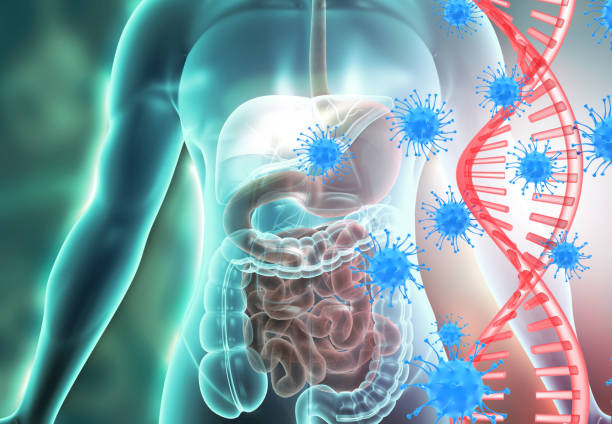Oncology in Shashvat Ayurveda: An Integrative Approach to Prevention, Palliative, and Treatment of Cancer
Cancer is a complex disease involves multiple factors, including lifestyle, diet, genetics, and environmental factors that affects millions of people around the world. While modern medicine has made significant strides in the treatment of cancer, many patients seek alternative and complementary therapies to help manage their symptoms and improve their quality of life.
Shashvat Ayurveda offers a unique approach to oncology that focuses on prevention, palliative, and treatment using natural remedies and lifestyle modifications, Shashvat Ayurveda aims to treat cancer by addressing the root cause of the disease and improving the overall health and well-being of the patient.
Prevention of Cancer with Shashvat Ayurveda
Shashvat Ayurveda clinic offer preventive strategies to reduce the risk of cancer, including lifestyle modifications, dietary guidelines, and herbal remedies.
Lifestyle modifications: Ayurvedic principles emphasize the importance of a healthy lifestyle in the prevention of cancer. Shashvat Ayurveda clinic offer guidance on healthy lifestyle practices, such as regular exercise, stress management techniques, and restful sleep.
Dietary guidelines: Ayurveda recognizes that diet plays a critical role in cancer prevention. Shashvat Ayurveda clinic offer dietary guidelines that are tailored to the individual’s constitution and health condition. A healthy diet that includes fresh fruits and vegetables, whole grains and proteins can help to prevent cancer.
Herbal remedies: Shashvat Ayurveda offers a variety of herbal remedies that can help to prevent cancer. Herbs such as turmeric, ashwagandha, and guduchi have potent antioxidant and anti-inflammatory properties that can help to reduce the risk of cancer.
Palliative Care with Ayurveda
Cancer patients often experience a range of symptoms and side effects from their treatment, including pain, fatigue, and nausea. Shashvat Ayurveda offer palliative care strategies to help manage these symptoms and improve the patient’s quality of life.
Herbal remedies: Ayurvedic herbs such as ashwagandha, guggulu, and triphala can help to manage symptoms such as pain, fatigue, and nausea.
Dietary guidelines: Shashvat Ayurveda clinic offer dietary guidelines that can help to manage symptoms such as nausea and loss of appetite. These guidelines may include consuming small, frequent meals, avoiding spicy or greasy foods, and eating foods that are easy to digest.
Yoga and meditation: Ayurveda recognize the importance of mental and emotional well-being in cancer care. Practices such as yoga and meditation can help to reduce stress, improve mood, and enhance overall well-being.
Treatment of Cancer with Ayurveda
Ayurvedic texts such as Charaka Samhita and Sushruta Samhita provide detailed information on cancer and its treatment. According to Ayurveda, cancer is caused by an imbalance of the three doshas (Vata, Pitta, and Kapha) and the buildup of toxins in the body.
Shashvat Ayurveda offers a unique approach to the treatment of cancer that focuses on balancing the doshas, removing toxins, and strengthening the immune system. Shashvat Ayurveda clinic offer a range of natural remedies and therapies to help manage cancer and improve the patient’s quality of life.
Herbal remedies: Ayurveda offers a range of herbal remedies that can help to manage cancer. These herbs may include ashwagandha, guggulu, shatavari, and guduchi. Each herb has specific properties that can help to balance the doshas, boost immunity, and fight cancer cells.
Panchakarma: Panchakarma is a specialized Ayurvedic cleansing process that helps to detoxify the body and remove toxins that may contribute to cancer. Panchakarma may include treatments such as oil massage, steam therapy, and herbal enemas and other procedures for detoxification and rejuvenation.
In summary, Shashvat Ayurveda takes a holistic approach to the prevention and treatment of cancer, addressing all aspects of a patient’s health and well-being that may provide additional support and relief from symptoms, it is important to note that it is not a substitute for conventional cancer treatment. It is important for cancer patients to work with healthcare team to develop a comprehensive treatment plan that includes both conventional and complementary approach.




